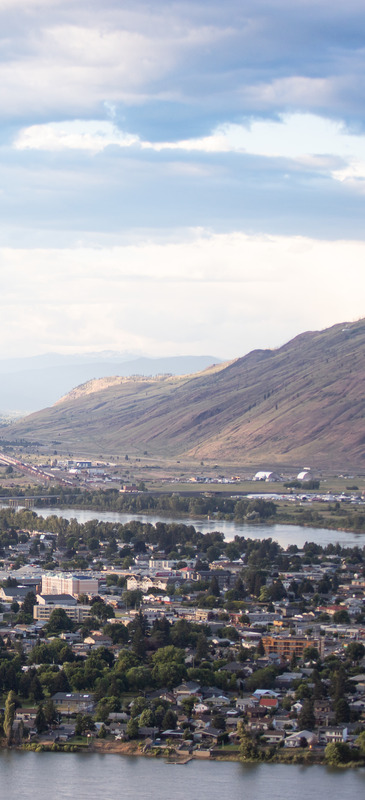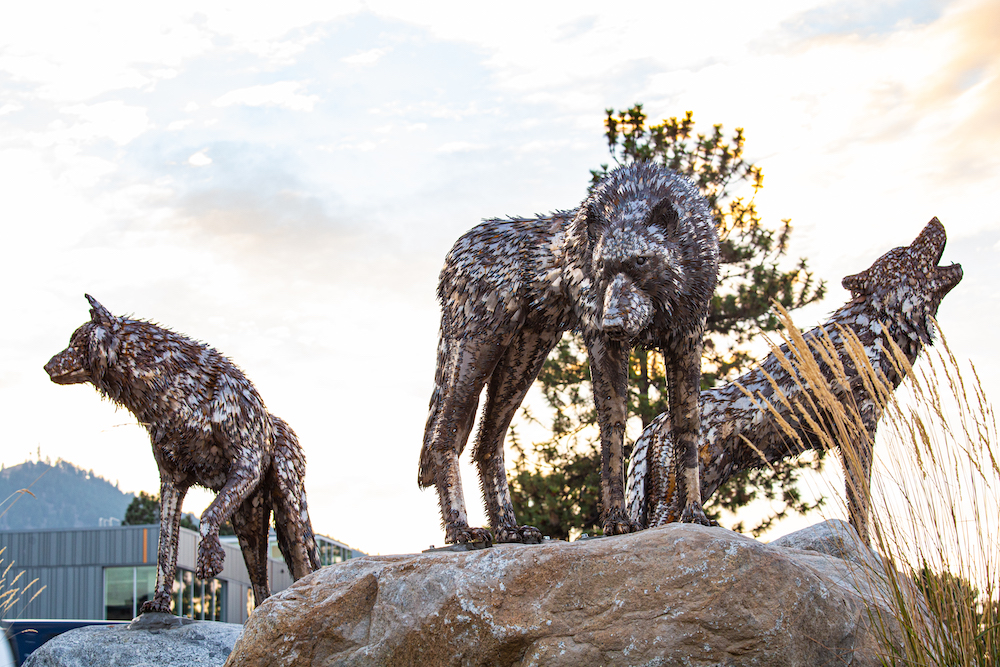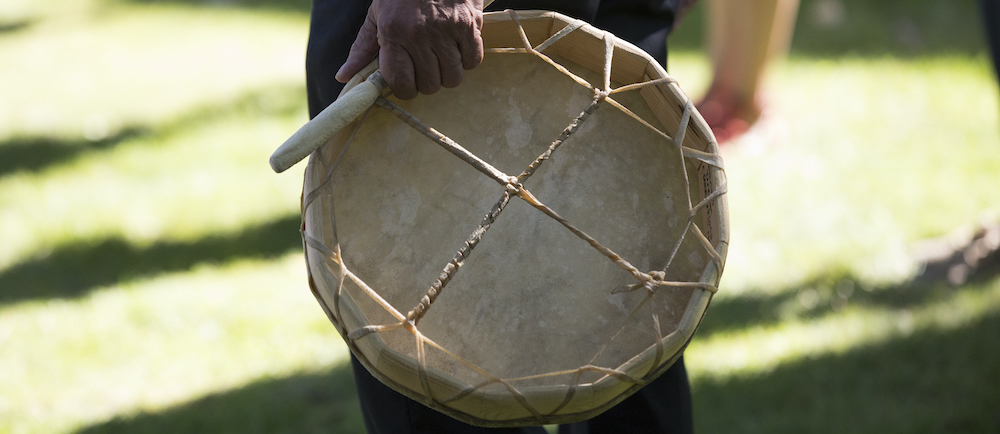Our mission
TRU is a comprehensive, learner-centred, sustainable university that serves its regional, national, and international learners and their communities through high quality and flexible education, training, research and scholarship.
Our values
Respectful relations define our behaviour. We respect each other (Xyemstwécw), the land, knowledge, the peoples of our region and beyond.
- Inclusion and Diversity. Access is open: we welcome students, faculty, staff and communities from our region and around the world to learn from and with one another. We embrace diversity of thought and people. We commit to equity. We continually see the world and its inhabitants in new ways by re-examining our practices and their impacts.
- Community-Mindedness. We come together to help one another (Me7 Plúl̓k̓wt es Knucwentwécw-kt). Mutual benefit guides us to connect meaningfully with people in the communities we serve, contributing to an interconnected world where we all share a common future and humanity.
- Curiosity. We seek out new ideas and embrace change, understanding they may involve risks. We break paths with creative, critical, yet thoughtful purpose. We push boundaries as a university and encourage students, faculty, staff, and the community to do the same.
- Sustainability. The natural world inspires us with wonder and reverence. We recognize how the health of our societies, cultures and ecosystems rests upon wellness of people, biodiversity, and wise stewardship of precious and finite resources. As a world leader in sustainability we know that the well-being of generations to come is shaped by what we do today.
Our 10-year strategic change goals
- Eliminate achievement gaps. We will support students of all backgrounds to access and succeed in higher education. All groups in our region — including Indigenous learners and rural learners — will achieve in higher education on par with others. We will recruit and retain students to create a balanced community of learners and leaders reflective of Canada and the world.
- Honour truth, reconciliation and rights. We will nurture a flourishing relationship with the Secwépemc people on whose lands we reside. Members of our community will give exceptional consideration to Secwépemc world view and belief system. We will support thriving Secwépemc culture through respectful actions in research, teaching and service. Our campuses will honour Tk’emlúps te Secwépemc as the First House within Tk’emlúpsemcúl’ecw, and T'éxelc as the First House within T'éxelcemcúl’ecw. We will acknowledge the many Nations who live and work on and near these lands, and support provincial, national and global movements for the fulfillment and recognition of Indigenous rights.
- Lead in community research and scholarship. We will support all faculty members in knowledge-seeking, knowledge creation, and creative inquiry. We will earn recognition as the most committed and innovative university in Canada for research and scholarship based on community partnerships; for involving graduate students in community-centred research; and for undergraduate research training.
- Design lifelong learning. We will adapt and combine modes of learning, teaching, and practical experience to create a seamless and integrated set of educational encounters that meet the changing needs of learners from early childhood to elderly years. We will design the map on which individual learners can chart their personal journeys to develop relevant knowledge when they need it, in the forms they can best access, while starting, stopping and returning as often as they need.
We acknowledge and give honour to the Secwépemc, the ancestral peoples who have lived here for thousands of years. We honour our First House, on whose unceded land our Kamloops campus is located: Tk’emlúps te Secwépemc, and respect our Second House: T’exelc, on whose unceded land our Williams Lake campus is located. In addition we recognize and respect neighbouring Indigenous nations whom we serve — the St’át’imc, Nlaka’pamux, Nuxalk, Tŝilhqot'in and Dakelh. Our understanding of TRU’s obligations to our hosts is informed by the guidance of interior BC Indigenous leaders to Sir Wilfrid Laurier in 1910.



